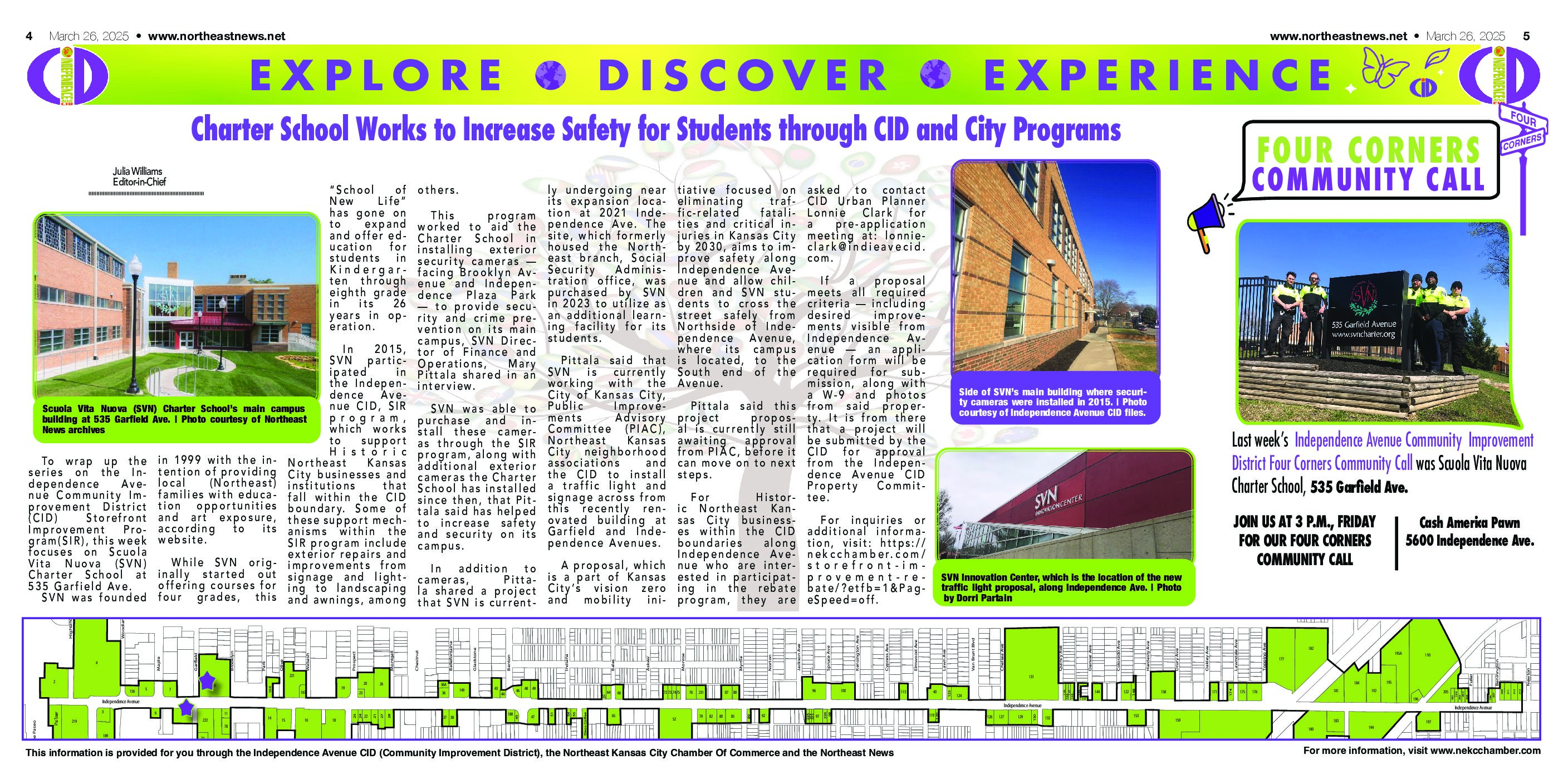Northeast News
November 18, 2011
The Missouri State Public Health Laboratory has confirmed a case of measles in the Kansas City metropolitan area. Those with known exposure for the disease are being contacted and the investigation is ongoing. Independence and Kansas City Health Departments are working together on the issue.
Measles is a respiratory disease caused by a virus. A typical case of measles begins with a mild to moderate fever, cough, runny nose, red eyes and sore throat. Two to three days after symptoms begin, tiny white spots (Koplik’s spots) may appear inside the mouth. Three to five days after the start of symptoms, a red or reddish-brown rash appears. The rash usually begins on a person’s face at the hairline and spreads downward to the neck, trunk, arms, legs, and feet. When the rash appears, a person’s fever may spike to more than 104 degrees Fahrenheit.
Measles is spread through the air by breathing, coughing or sneezing. Measles is so contagious that if one person has it, 90 percent of the people close to that person who are not immune will also become infected with the measles virus. Anyone who has not had a confirmed case of measles and who has not been given a live measles vaccine (2 doses of MMR vaccine) can get measles. Measles is highly contagious and can be spread to others from four days before to four days after the rash appears.
With the creation of the MMR (Measles, Mumps, Rubella) vaccine, measles cases are rare in the United States. However, it still sickens more than 10 million and kills almost 200,000 people worldwide each year.
The avoid contracting the disease, the best prevention is to be vaccinated. Protect children by making sure they have the MMR vaccine when they are 12 to 15 months old, and again before they enter kindergarten.

















